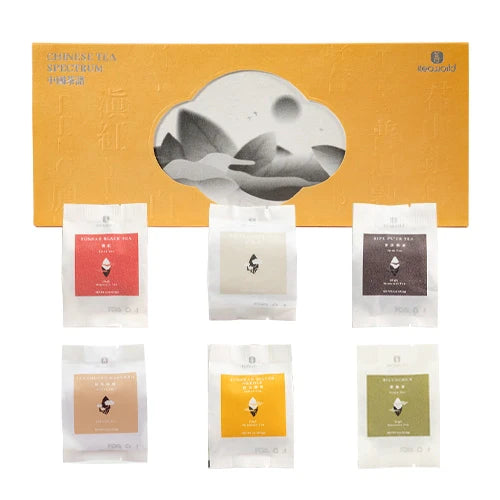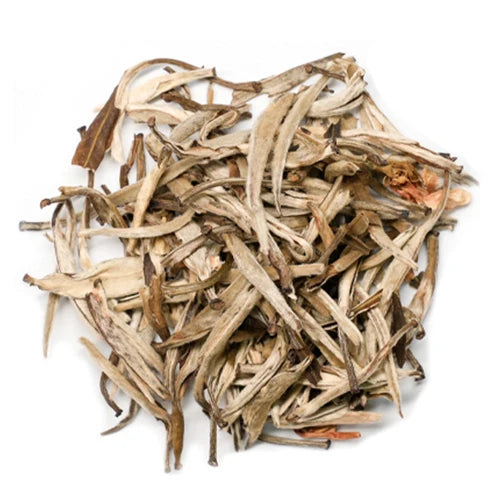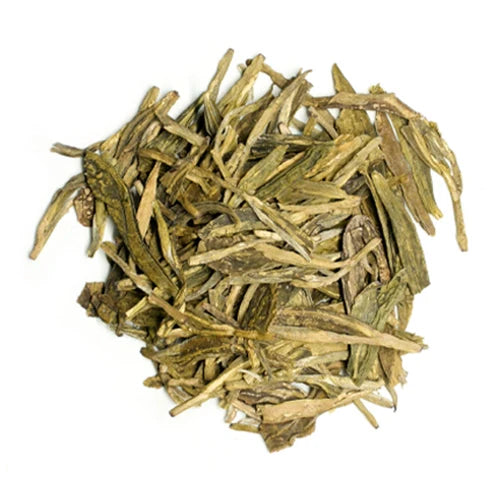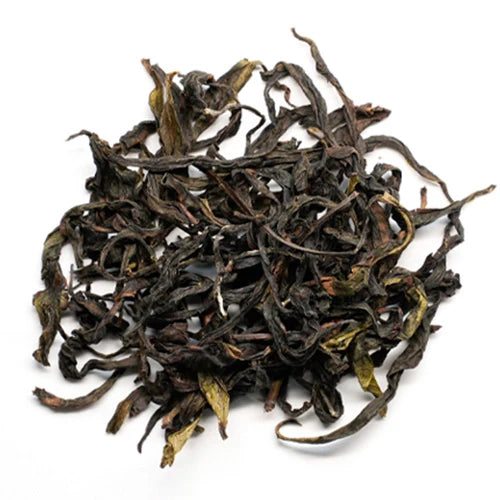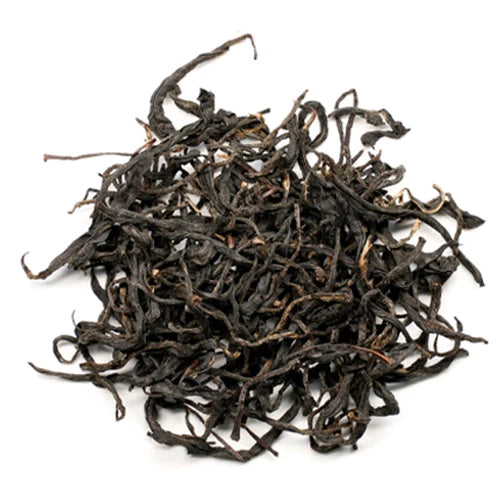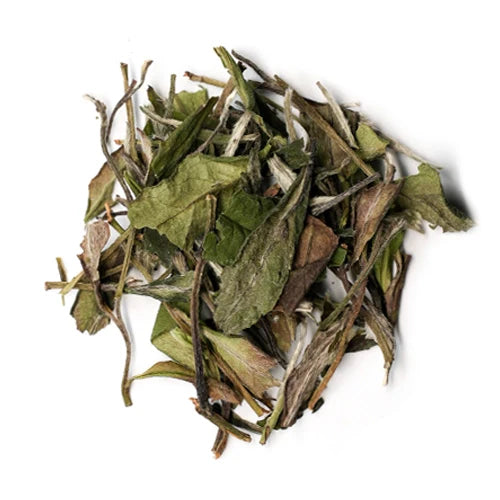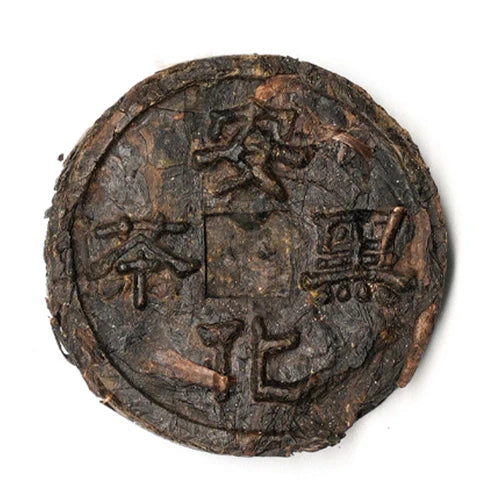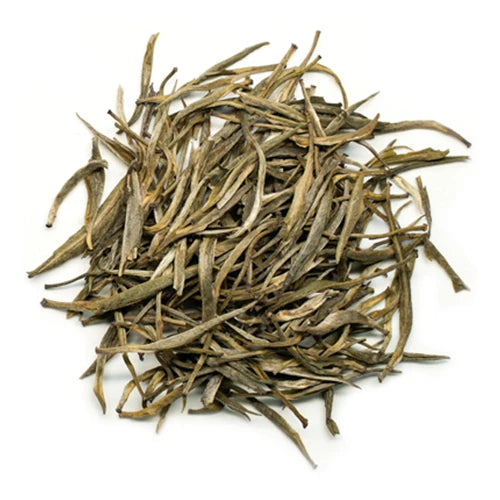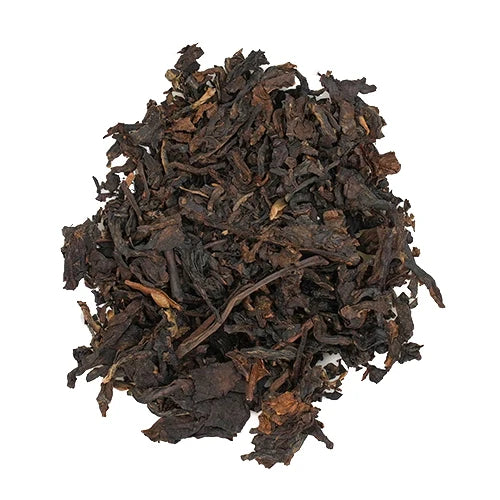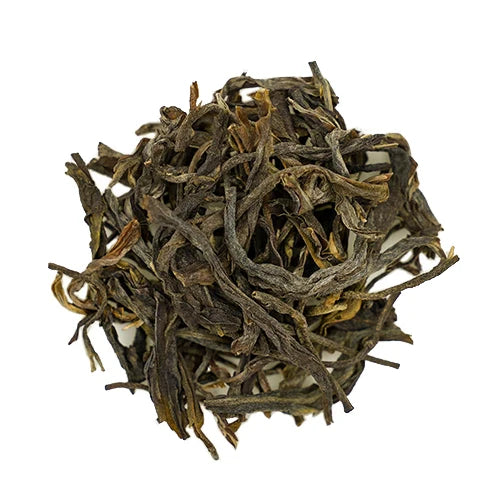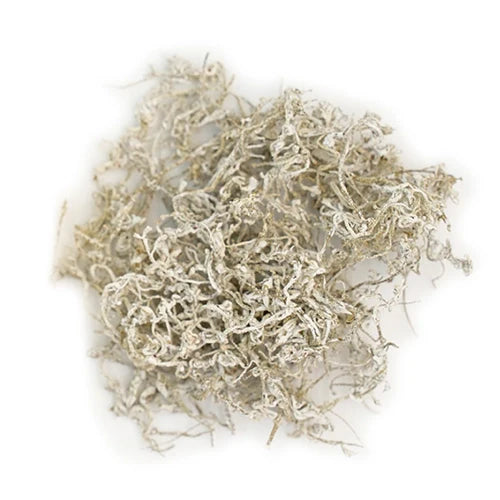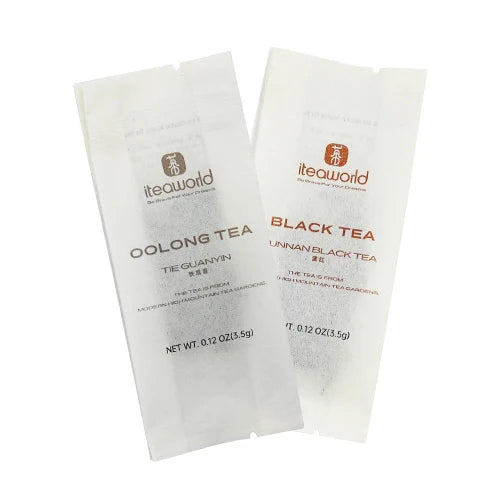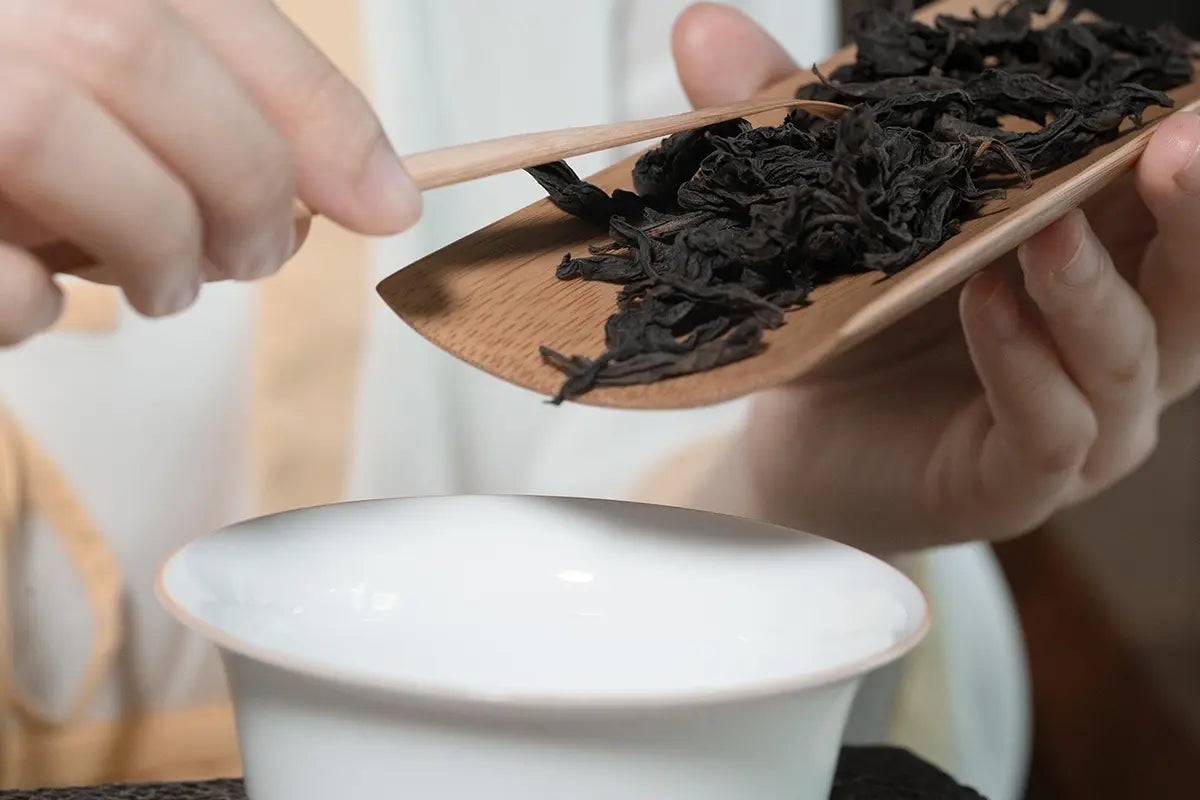Under the influence of various factors, many people may experience cardiovascular problems. If appropriate measures are not taken to regulate these issues, the impact on the human body can be significant.
Therefore, it is crucial for everyone to pay attention to cardiovascular protection in daily life and use appropriate methods for regulation. There are many methods, such as regularly drinking loose leaf oolong tea, which can help improve cardiovascular health to a certain extent.
Numerous Studies Have Demonstrated the Efficacy of Oolong Tea in Improving Cardiovascular Health
1.Studies on the prevention and treatment of coronary heart disease and atherosclerosis with oolong tea
A survey of a large population published in 2011 indicated that long-term consumption of oolong tea, loose leaf green tea, and coffee can reduce the mortality rate of coronary heart disease patients.
In 2004, a clinical study found that after 11 coronary heart disease patients consumed oolong tea for one month, their plasma adiponectin levels significantly increased, and LDL particles became significantly larger. It was speculated that oolong tea might play a preventive role in the formation of atherosclerosis in coronary heart disease patients.
Indulge Your Senses with Fine Teas from Iteaworld>>>
A study in 2006 found that after 12 healthy adult subjects consumed oolong tea extract rich in polyphenols for 10 consecutive days, the amount of fat excreted in their feces significantly increased. It was speculated that the tea polyphenols in oolong tea could reduce the accumulation of fat leading to atherosclerosis.
2.Studies on the prevention and treatment of hypertension with oolong tea
In a 2008 experiment with urethane-anesthetized rats, after intraduodenal injection of decaffeinated oolong tea or oolong tea, the excitability of the renal sympathetic nerves decreased, leading to a decrease in blood pressure. In addition, spontaneously hypertensive rats drinking oolong tea for 14 weeks showed a reduction in elevated blood pressure. Oolong tea can change the transmission of autonomic nervous signals through enteric nervous mechanisms, exerting its antihypertensive effect.
In 2003, a study in Taiwan, China, involving 1507 participants (711 males and 796 females) over several decades investigated the impact of tea consumption on the risk of newly diagnosed hypertension. The study included participants aged 20 or above with no history of hypertension. The results showed that habitual consumption of moderate-strength oolong tea (i.e., drinking 120ml of oolong tea per day for over a year) could reduce the risk of developing hypertension. Therefore, researchers suggested that oolong tea extract could significantly reduce the risk of hypertension in the Chinese population.
A study in 2008 found that caffeine in oolong tea might play a role in regulating the renal sympathetic nerves, thereby regulating blood pressure. The research showed that oolong tea could inhibit mouse renal sympathetic nerves and blood pressure, and the effective components might be caffeine and certain unidentified substances in oolong tea.
3.Studies on the prevention and treatment of ischemic and hemorrhagic stroke with oolong tea
A study in 2015 found that among Chinese adults, higher tea consumption was associated with a lower risk of ischemic and hemorrhagic strokes. An investigation in the southern region of China showed that daily consumption of 1-2 cups of oolong tea or green tea significantly reduced the risk of ischemic stroke, and there was a dose-response relationship with tea consumption quantity and duration.
If you want to drink oolong tea regularly, it is recommended to try some classic Chinese loose leaf oolong teas, such as Tie Guanyin, Da Hong Pao, and Fenghuang Dancong. These teas have classic flavors and aromas, and long-term consumption can reveal the joy and mysteries within them.
Good Habits for Improving Cardiovascular Health

1.Improve Dietary Habits
To maintain cardiovascular health, it is important to consume foods rich in vitamins and low in cholesterol. Reduce the intake of high-fat, high-calorie foods such as fried and sweet foods. Limit the consumption of high-salt foods like pickles and cured meats.
2.Control Weight
Obesity increases the risk of cardiovascular diseases. Therefore, maintaining cardiovascular health involves controlling weight. This can be achieved by reducing calorie intake and incorporating regular exercise.
3.Exercise Daily
The key to maintaining cardiovascular health is daily exercise. Aim for at least 30 minutes of exercise per day, including activities like walking, jogging, jumping rope, swimming, etc. Choose an exercise method based on personal interests and physical condition. Exercise promotes blood circulation, strengthens the heart muscle, improves cardiopulmonary function, enhances the cardiovascular system's resistance, and prevents diseases like heart attacks and strokes.
4.Quit Smoking and Limit Alcohol Intake
Smoking and excessive alcohol consumption narrow blood vessels and increase the incidence of cardiovascular diseases. Therefore, to maintain cardiovascular health, it is crucial to quit smoking and limit alcohol intake.
5.Maintain a Positive Psychological State
Psychological stress can lead to vascular tension, affecting the normal functioning of the cardiovascular system. To maintain cardiovascular health, it is important to have a positive psychological state. Engage in enjoyable activities such as watching movies, listening to music, reading, etc., and try to minimize psychological stress.

Improving cardiovascular health is best achieved through small changes in daily life, such as regularly drinking oolong tea. It is recommended to purchase high-quality tea leaves for better health benefits. To find the best loose leaf tea, individuals should try different options and compare, choosing a suitable purchasing channel. Additionally, maintaining good dietary and exercise habits, quitting smoking and limiting alcohol intake, and maintaining a positive psychological state are essential.
Many people may think that cardiovascular diseases are ailments that only occur in old age. However, being young does not guarantee cardiovascular health. Although many cardiovascular diseases typically occur in the elderly, the changing lifestyle has led to the gradual "youngerization" of these diseases. Therefore, young people also need to pay attention to the prevention and treatment of cardiovascular diseases, cultivate good lifestyle habits, and take preventive measures in daily life to avert potential risks.






